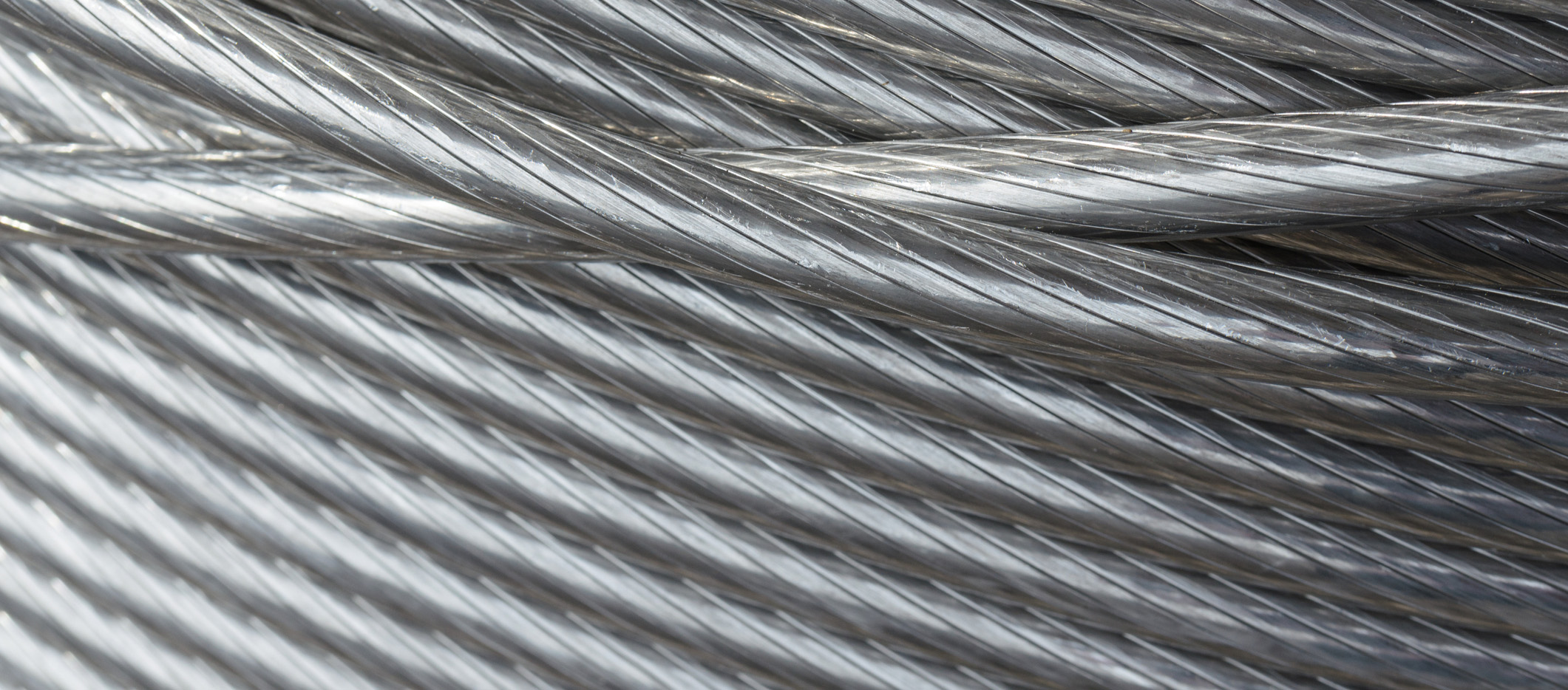Aluminum wiring can be a serious fire hazard in your home, but Westridge Electric can help. Our Aluminum wiring solutions are safe, permanent and do not require future maintenance.
Aluminum Wiring
An estimated 450,000 houses were built in Canada during the 1960s-1970s using aluminum wiring as a cheaper alternative to copper. Statistically, these homes are 55 times more likely than a home wired with copper to have fire hazard conditions.
Thousands of Calgary and area homes were wired during this time. Click to find which communities in Calgary, Okotoks and High River were wired with aluminum wiring.
Many homeowners are unaware of the danger of aluminum wiring until it is brought to their attention during a routine home inspection.
Signs of Aluminum Wiring
- Persistent, but intermittent flickering of lights that can’t be traced to a failing bulb or the start of an appliance?
- Unusual static on radio, TV or the computer?
- Cover plates on switches and receptacles that are warm to the touch?
- Strange odour (burning plastic) in a particular area?
- Circuit breakers (or fuses) that trip for no reason?
- Smoke?
- Sizzling or crackling sound?
If you are unsure about whether your home may be affected, call Westridge Electric to book a home inspection.
Why Aluminum Wiring is a Hazard
Because aluminum and copper expand and contract differently, overheating of aluminum conductors may occur at switches, receptacles, splices, and pigtails. This can cause electrical failure or fire.
Aluminum Creep
When aluminum conductors are subjected to a constant stress, the aluminum has a tendency to creep away from the stressed area. The rate of creep will increase with an increase in temperature. The creep will continue until the stress is equal to the ultimate strength of the aluminum itself. Therefore when an aluminum conductor is wrapped around a screw terminal of a switch or receptacle, the aluminum has a tendency to creep away from the screw, causing a high resistance termination.
Aluminum Oxidation
Aluminum oxides are thin films that begin to form on the surface of aluminum with in a matter of seconds after the bare metal is exposed to the atmosphere. Unlike copper oxides, which are conductive, aluminum oxides have high dialectic strength (not conductive). A good aluminum termination requires that these oxides be removed during the termination process and that new oxides be prevented from forming.
Aluminum Thermal Expansion
Aluminum, copper, and steel have different coefficients (expand at different temp at different rates) of thermal expansion. When a copper-to-aluminum or aluminum-to-aluminum splice is made in a twist on wire nut and heated, the aluminum will expand more than the copper or steel. As the joint cools, the aluminum shrinks, causing an increase in resistance due to a loss in contact pressure of the wire nut.
Aluminum Galvanic Corrosion
Galvanic corrosion occurs when two dissimilar metals, such as aluminum and copper, are joined together and an electrical current is passed through them. This galvanic corrosion is caused by the copper and aluminum having a large difference in galvanic potential between them. The rate of galvanic corrosion may be limited or reduced by plating one or both of the two metals with a metal of intermediate potential, such as tin.
Insuring a House With Aluminum Wiring
It is also getting tougher to get insurance for a home with aluminum wiring. Insurance companies are increasing premiums for these homes, or requesting a detailed safety inspection prior to insuring aluminum-wired homes.
Westridge Electric’s Aluminum Wiring Solutions
The best way to deal with the problem of aluminum wiring is to replace it with copper wire. This is also the most expensive choice, but we can minimize drywall damage by carefully fishing in new wires. In fact, we have specialists with years of experience doing just this while keeping wall damage to a minimum.
If re-wiring is not possible, the next best solution is to rejuvenate your connections. Our electricians are experts in providing long term solutions for aluminum wiring to keep you and your home safe without rewiring.



